Huda Khayti always knew that this day would come. While she worried that the world might have sidelined Syria over the course of nearly a decade and a half of war, she never stopped hoping.
“I knew that one day we would overthrow the Assad regime,” she told DW on the phone.
In December, when the Islamist rebel group Hayat Tahrir al-Sham, or HTS, toppled Syria’s longtime dictator, Bashar Assad, in an unexpected advance, the now-44-year-old Huda was overwhelmed by a sense of relief that she still can’t put into words.
And yet, while the end of the Assad-regime marked a new political era for Syria, it also brought up all the uncertainties that come with new beginnings.
Back to the future
The country’s restart after decades of iron-fist rule by the Assad family was not unclouded for Khayti either.
The day after Assad was gone, she started the journey from her temporary home in Syria’s northwestern city of Idlib back to her home town Duma. Her fear grew with every kilometer, but so did her determination. She had to see what was left of her old life.
Yet, once she reached Duma, all she could see was destruction. Eventually she reached her parents’ house. The walls were shot to pieces, parts of the roof had collapsed. She entered cautiously, each step bringing back memories.
Debris and the shadows of the past now lie where her home once was.
“I couldn’t last five minutes in there,” she tells DW.
Marks of the air strike by the regime that killed her brother were still visible.
She then tried to find the grave of her brother.
“I don’t know where they buried him,” she says, heartbroken. “He is probably in a mass grave.”
Despite the grief, Khayti also recalls that the scent of jasmine filled the city, a strange contrast to the gray desolation. And she’s made a decision: she will not let despair overwhelm her.
“I fought against Assad. I will live and rebuild this country together with others,” she says.
Flowers and trees as symbols of life
Khayti first initiative was to plant flowers and trees for a park in Duma with the support of the Syrian Civil Defence and other organizations.
“It is a signal that life is returning,” she says. “Syria is not only a land of wounds, but also a land of hope.”
Huda Khayti was born in Duma and studied French literature in Damascus. Her personal revolution began long before the democratic uprising in 2011 that was silenced by the Assad regime with a brutal crackdown on its own population.
“I realized early on to which extent Assad was disadvantaging women and oppressing his own people,” she remembers.
Determined to make a difference, she founded three women’s centers in Duma’s nearby town of Ghouta, where she organized English courses and workshops on gender-specific violence, women’s rights, or first aid.
However, when the crackdown turned into war, these places were no exception.
In 2013, the Assad regime targeted Ghouta with one of the worst chemical gas attacks in the history of the war. Later, all of Khayti’s centers were bombed.
Idlib as new home of Assad’s opponents
In 2018, after years of siege, Assad’s forces eventually recaptured Duma and the surrounding region.
Thousands were displaced, opposition members and civilians were taken to Idlib, which remained the last stronghold against Assad throughout the war.
Khayti, too, left Duma for Idlib, which was already under the control of the Islamist group Hayat Tahrir al-Sham (HTS).
Once she got there, she established a women’s center, despite HTS-enforced limits.
“It wasn’t easy. We had restrictions, we had to adapt, but we carried on anyway,” Khayti remembers.
Then came the day in December 2024 when Assad and his regime were overthrown by HTS under the lead of Abu Mohammed al-Golani, now known as Ahmed al-Sharaa.
“I immediately ran to the Freedom Square in Idlib. I hugged and kissed people, we cried and laughed, everything was so emotional,” she recalls.
Tears well up when she talks about it. “Idlib took us in when we were displaced, and now we were standing here and could finally feel that something new was beginning.”
The day Damascus fell
The very next morning, Khayti was on her way back to Duma. She drove through liberated cities, had herself filmed, and held up the new Syrian flag.
“Look where I am, we’re back,” she wrote to her friends.
“To all those who have written or spoken so contemptuously about us Syrians, I say: We made it and we will rebuild this country, too.”
Huda Khayti continues to focus on the possibilities that the future hold, even though she knows it won’t be easy.
“The economy is in tatters and the security situation is fragile,” she says.
After almost 14 years of war and the devastating earthquake of 2023, large parts of the country, the economy and the infrastructure are in ruins.
There are only a few hours of electricity a day. 16.7 million of the 21.3 million Syrians are dependent on humanitarian aid, according to Doctors Without Borders.
Furthermore, some two million children are not attending school, and seven thousand schools were destroyed during the war, according to the UN Children’s Fund UNICEF.
Meanwhile, HTS leader Mohammed al-Golani, who dropped his combat name and started using his civilian name Ahmed al-Sharaa, became Syria’s interim president in late January.
He is still called rebel leader, new strongman of Syria, Islamist, ex-terrorist, jihadist.
While many Syrians reject the practices of the HTS militia, with its previous links to the terror organization al-Qaida, they also support al-Sharaa as the liberator of Damascus and say “Against Golani, but for Sharaa.”
Khayti recalls protests against HTS in Idlib about a year ago.
“However, [HTS] had a different role in Idlib, now they are responsible for the whole of Syria,” she says.
Scepticism remains
Despite being cautious towards the newcomers in Damascus’ People’s Palace, most Syrians are now focusing on reconstruction and the future.
“We are a new society that knows its rights and will not be oppressed again,” Huda Khayti tells DW.
Her plan is to open more women’s centers in other cities to encourage even more women to become politically active.
She also wants to set up an organization to protect the environment.
“Any country that wants to help us rebuild is welcome,” she says, adding confidently, “but we don’t want any more foreign interference here.”
This article was originally published in German.
#Duma #planting #seeds #Syrias #postwar #future

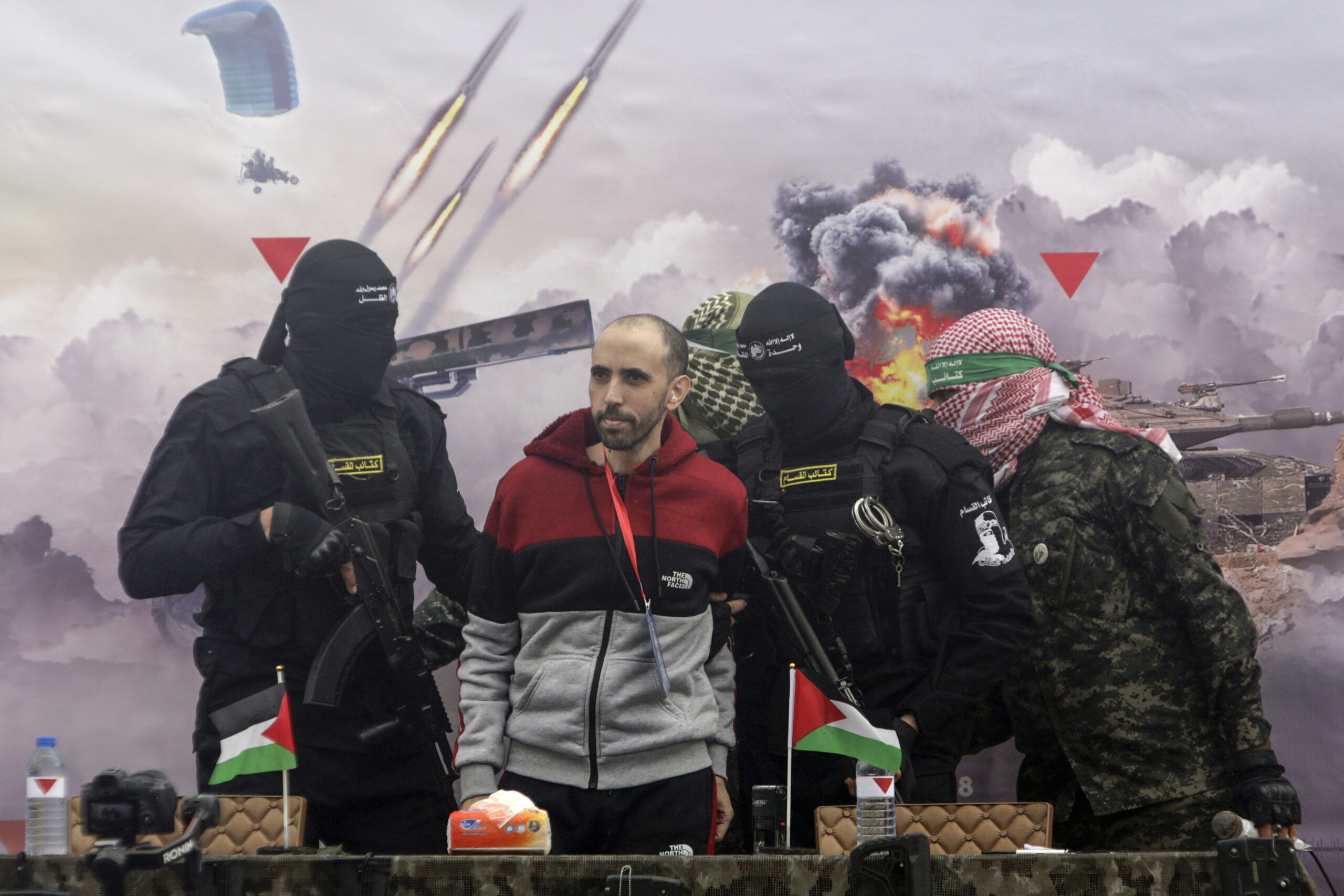
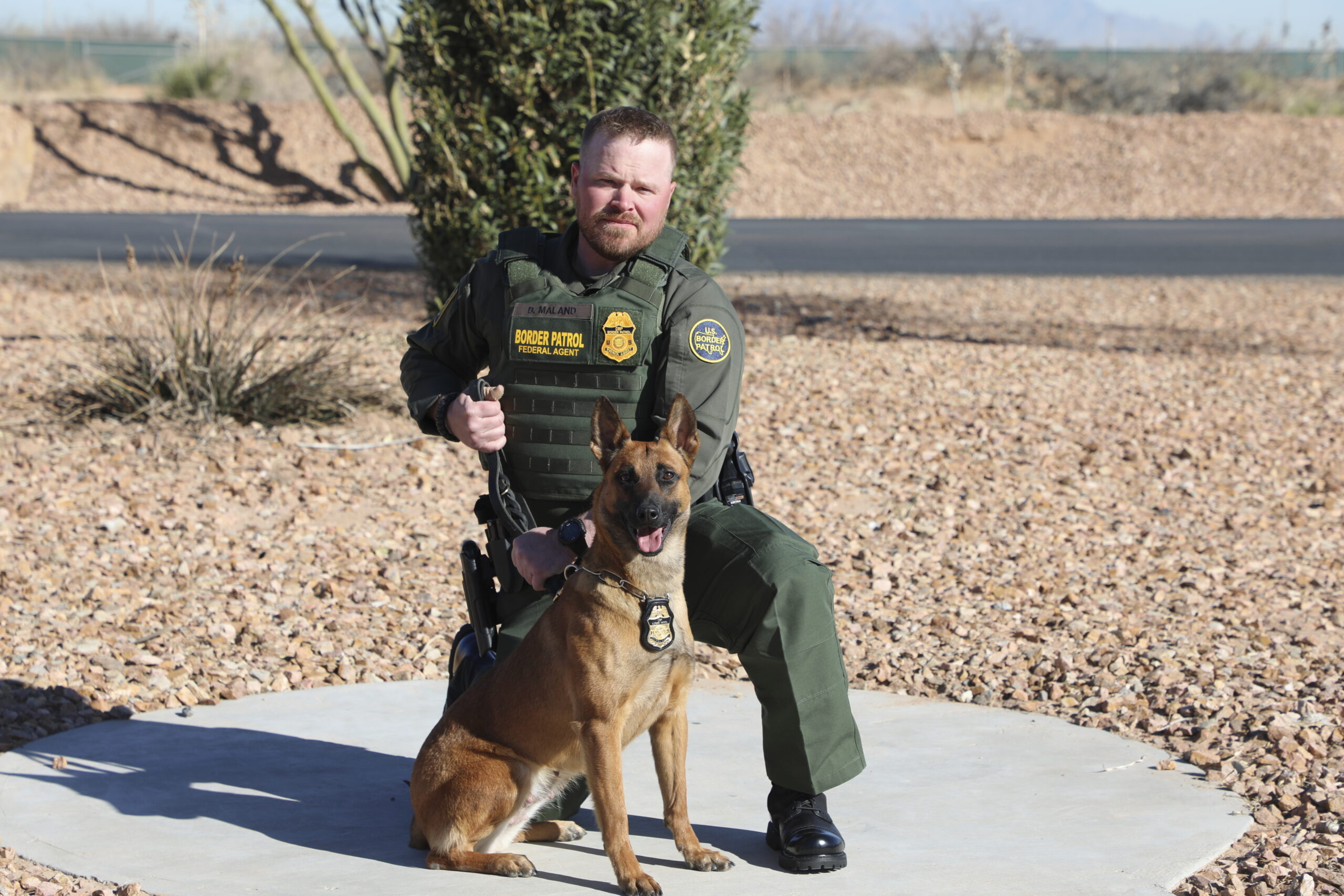
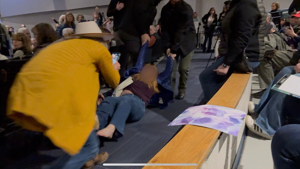
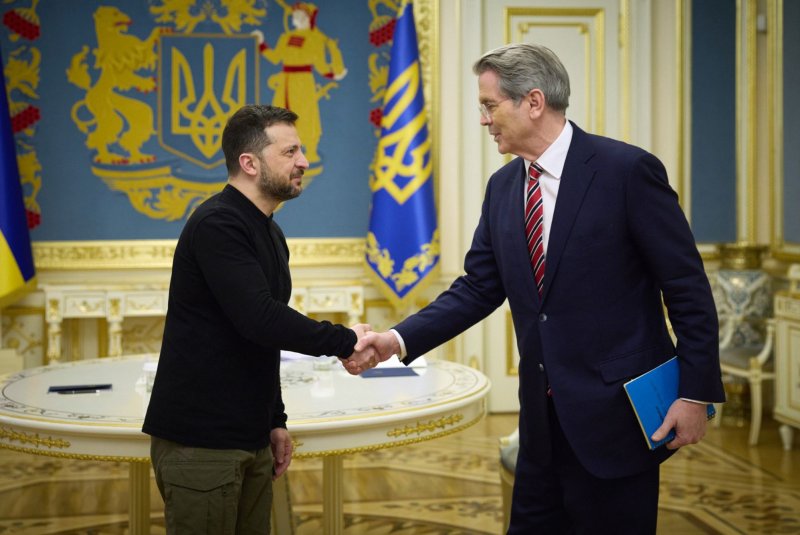
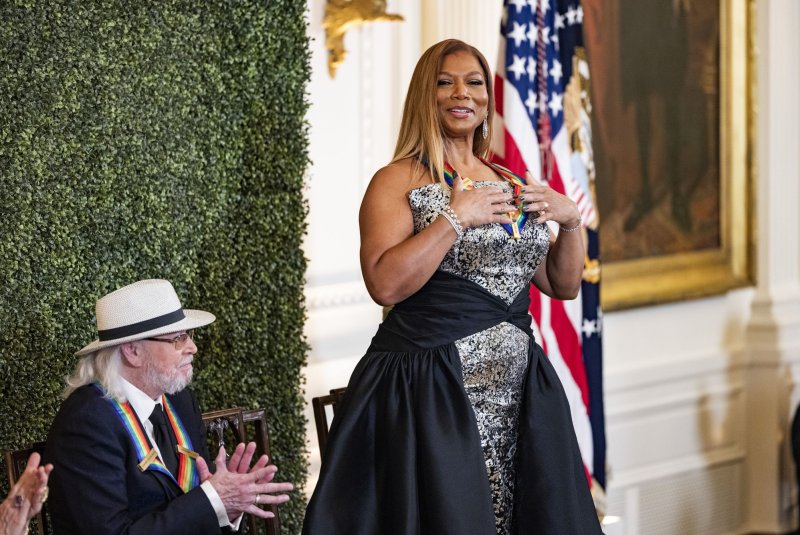
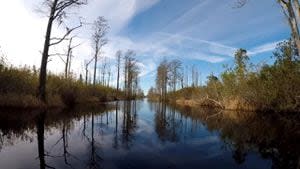
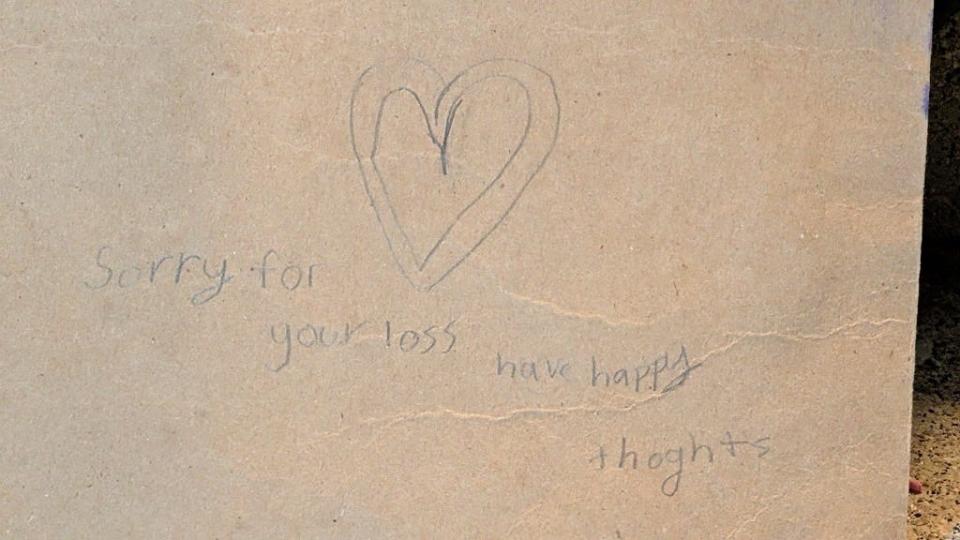
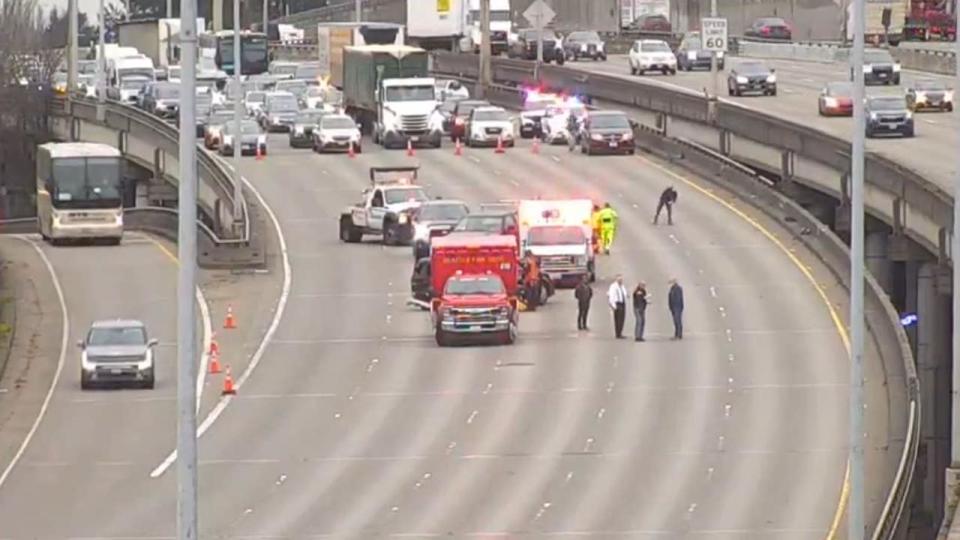
Leave a Reply